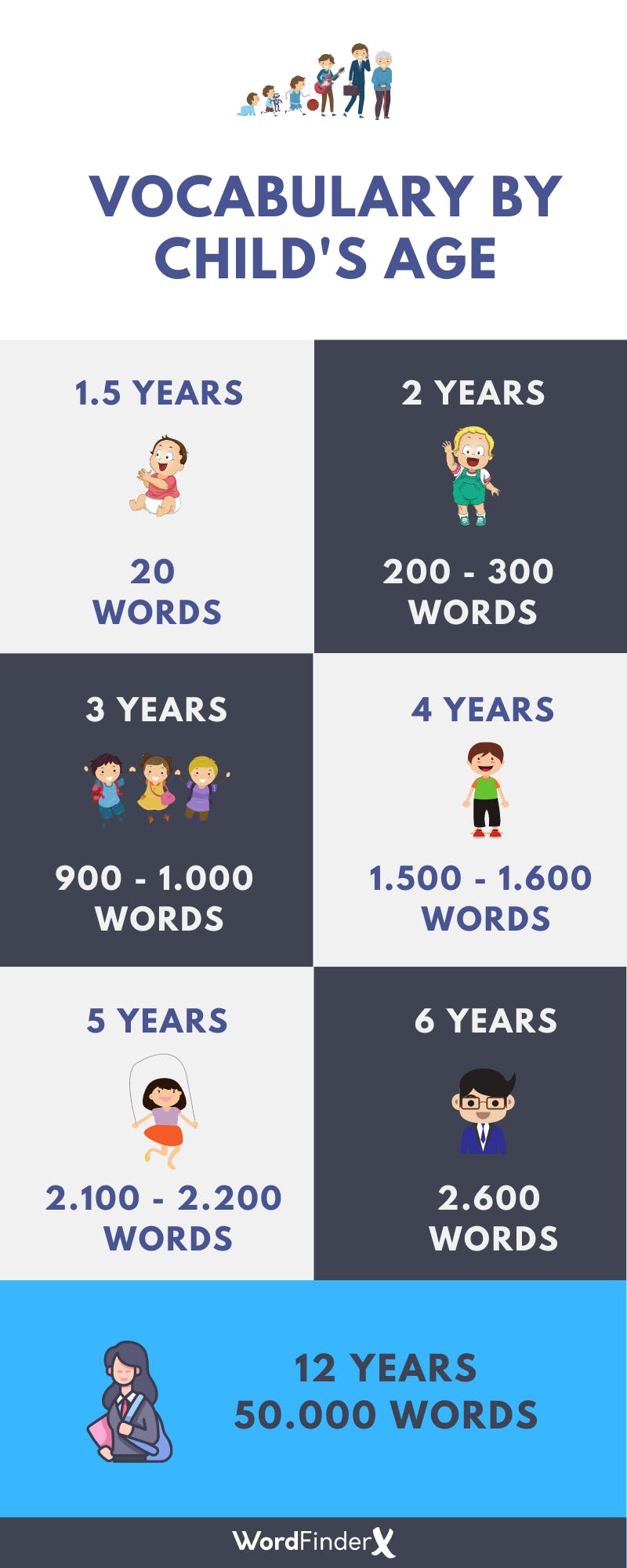Spelling Resources For Beginner Learners

Introduction
The importance of language on a child's growth and success in later life cannot be understated. Mastering language not only makes it easier for children to communicate with their parents but also socialize and academically excel. The power of reading and spelling also goes far beyond the obvious. Those with a genuine interest in books are more likely to be empathetic, curious, and creative thinkers in later life. It’s no secret that education gives childrens the keys to their future, but a common question is, when do I start teaching my child to spell?
While your child is learning how to communicate from the moment they're born, the complexities of language and the alphabet come later. Reading to your child is the first step; recent studies showing that toddlers begin to comprehend the rules of reading and writing at a very early age, 3-5 years. By the end of first grade (6 years old), a child should begin to match spoken words with written ones, read and retell familiar stories and read some things aloud.
As adults, it's hard to look back and understand where your child should be on their spelling journey; after all, we learned the basics a long time ago! With this in mind, we've collected some handy resources for those who are about to help their little ones master beginner's spelling!
Online Resources
Luckily kids nowadays don't have to bring a forest of paperwork home from school to attack their spelling studies. Youtube has countless free lessons for all ages. Spell Quiz is another brilliant resource, their spelling and vocabulary exercises laid out by grade.
With homeschooling now the new normal for many, it's up to both parents and teachers to keep children engaged when it comes to spelling. Below we've created a handy list of fantastic learning websites that are both informative and easy to use. Mixing up which ones you utilize can help keep your child interested.
Reading Eggs - A colorful eLearning service that specializes in creating high-quality literacy products and videos.
Education.com - Host to numerous fun spelling games, worksheets and lessons that are suitable for all young users.
Brightly - A varied list of good books for young readers to start their love of literature.
AAASpell - Short and precise spelling rounds laid out by grade and vocabulary list.
Sesame Workshop - The beloved Sesame Street gang and PNC Grow Up Great have partnered to deliver a collection of games, videos, and printables to make learning truly fun.
Great First Words To Learn:
Mom, Dad
Perhaps the most common 2 words in the world for children to learn. For most, mom and dad represent safety, security, and comfort, especially at a young age.
Day, Dog, Cat
As language development continues, simple nouns start to become part of a child's vocabulary. Typically a child's vocabulary grows based on their surroundings, pets in the house etc.
Me, My
Possession and acknowledgement of themselves as people comes with the appropriate pronoun use in young children. Me, my, mine; all become easy to grasp tools for communication.
No, Yes
The most basic words of human confirmation, ‘yes’ and ‘no’ and often simple words in most languages, easy for children to understand.
Go, Come, Went, Up, You, Was, Look, Are, The, Of, We, This, It
With time, children learn simple verb conjugations, personal pronouns not relating to themselves and more accusatory and statement based language.
Most Difficult Words for Beginner Spellers:
Again, Heard, Caught, Friends, Knew, Surprise, Once
Spelling plays a huge role in a child’s ability to learn certain words. The examples above show how many words sound differently to how they’re spelled. Silent letters, such as the ‘k’ in ‘know’ often catch children out
Beautiful, Interesting, Every, Very
Long adjectives and tricky adverbs are a group of words that frequently trip people up, adults and children alike.
Little, Pretty, Running
Words with double letters are hard to grasp for new learners of a language, knowing when to write a double ‘t’ when the word sounds like it should have a single ‘t’ can be a challenge.
Didn't, You're
Apostrophes are hard to master, and the most experienced of writers still make mistakes and miss them sometimes.
Named, Jumped
Finally, words ending with ‘-ed’ are hard for children to learn. The articulation of the ‘e’ is not always clear, and with certain accents, disappears entirely.
Fun Fact
Texas has produced 11 Scripps National Spelling Bee champions over the years, more than anyone other state.
Source: Insider
Games To Make Learning Fun
It’s probably an obvious thing to point out, but not one to be underestimated, having fun whilst learning makes for a better learning experience. Gaming as a tool for education can greatly improve the rate at which a child can learn, and it also makes the experience more enjoyable for the teacher.
Recent years have seen a boost in educational video games too, Nintendo in particular being home to many spelling and reading focused titles across multiple platforms. Here’s a list of just a few.
Here are a few spelling games and language resources that we like:
Bananagrams - A fast-paced word game that requires no pencil or board. Perfect for a family.
Scrabble and Words With Friends - The two titans of word games! Good for all ages and levels and with plenty of online resources to help learners, like our anagram solver and Scrabble word finder.
Vocabulary Spelling City - A great website with a huge range of mini games, each focusing on a different aspect of spelling.
British Council Spelling Stories - Spelling stories are a great way of teaching children to spell, as well have training up their reading skills. The British Council has a great variety of stories on their website.
Resources
- If we want our children to thrive, teaching them to read is not enough – they must learn to enjoy it
- Children, Reading, and Creativity
- Most of the Scripps National Spelling Bee champions come from Texas.
- Toddlers begin learning rules of reading, writing at very early age, study finds
- Education & Gaming - IISTE Paper
- Vocabulary Spelling City - Online Spelling Games
- British Council - Spelling Stories
Language Education Resources:

About the author
Sam Walker-Smart
Sam Walker-Smart is a British culture journalist currently based in Bristol. His work has appeared in CLASH, The Huffington Post, Vinyl Me Please, Barcelona Metropolitan, Little White Lies, and other outlets. He enjoys writing about inclusivity in gaming, fun for seniors, educational apps, and entertainment for all. In his spare time, he enjoys weird folklore, sad songs, and good beer.
